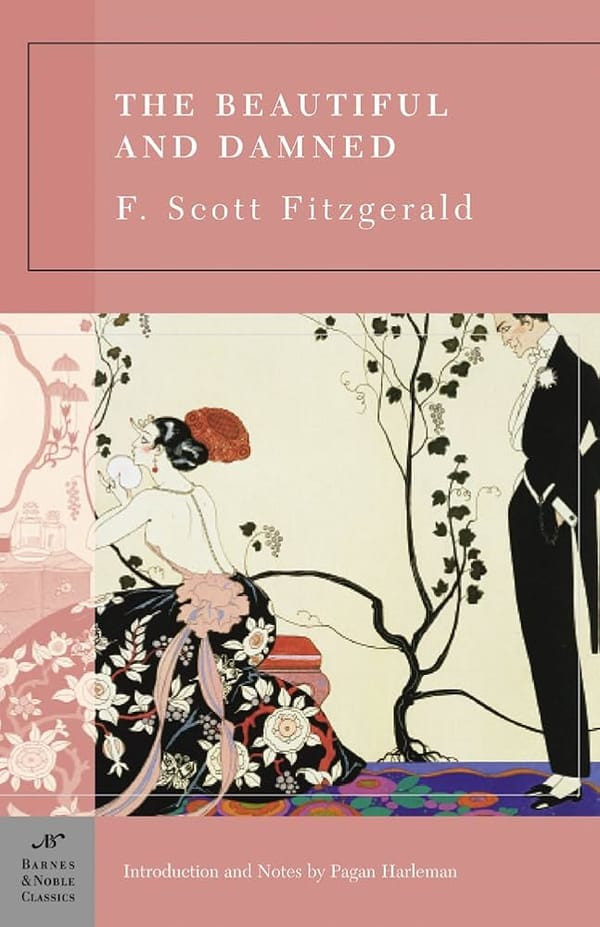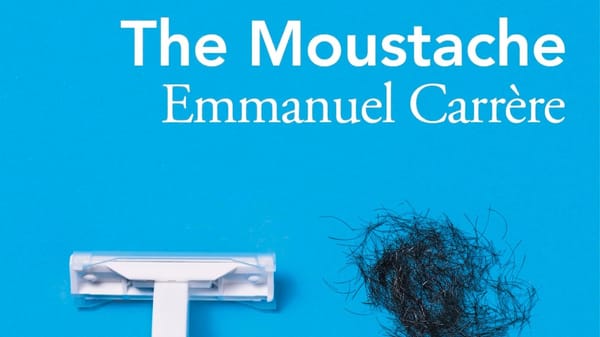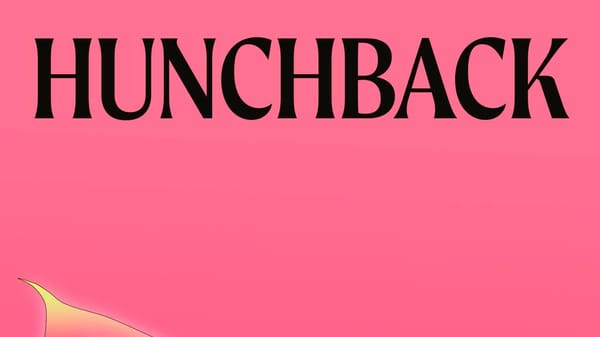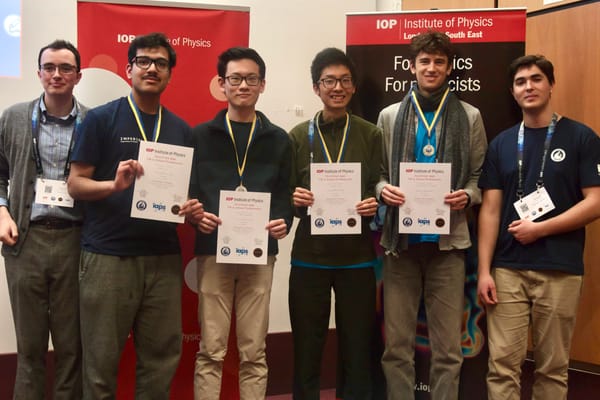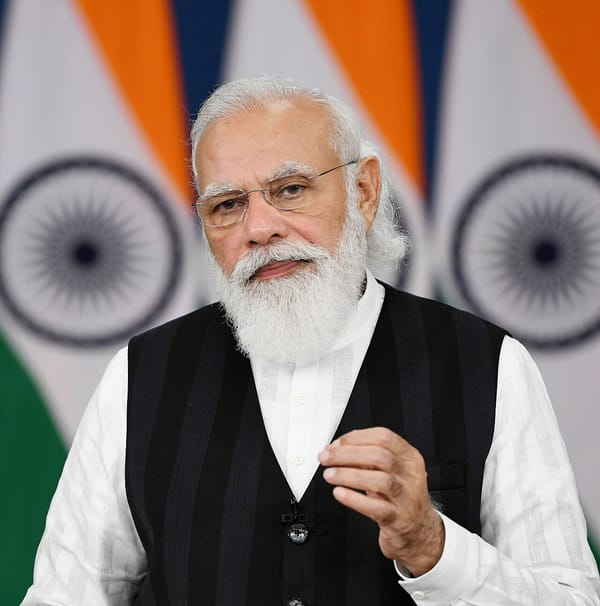The internet has broken reading
Over the summer I started reading Filterworld: How Algorithms Flattened Culture by Kyle Chayka. The book assesses how algorithms have skewed and skewered out culture. More on that in a future issue.
Filterworld helped me create awareness about my existence as someone who has grown up with the internet as an extra limb. Specific to this section, how my preconceptions and prejudices associated with reading have increasingly afflicted my relationship to it, alterning my intrinsic reward system.
The internet, for all the good it has brought and continues to bring, has rewired my relationship to books, knowledge, and what “counts” as reading.
Upon reflection, I found the internet to have broken my reading habits in the following five ways:
1. It’s a numbers game
We measure success through productivity, where quantity trumps depth, length and quality. Contrary to the age-old allegory, the tortoise is now the loser. Finishing ten novels appears “better” than one difficult novel for weeks, if not months.
I would sometimes find myself bored of a book, forcing myself to get through it. Simply because I had started it, because I had wanted to say that it was done, rather than because I enjoyed it. Whether or not I absorbed it, whether or not it ultimately actually became a further waste of time. I regret that.
2. Adventure shrinks to ratings
Choosing what to read next is no longer organic. Thanks to Amazon, I check the reviews, star ratings, and bestseller lists. The books I chose to read had be well scored. But hasn’t every single book been on the New York Times Bestseller list?
Relying only on what others read – in a culture that constantly wants you to consume more at any cost – only propagates popularity which ultimately flattens nuance. A five-star rating doesn’t guarantee I will like the book, so why should a three-star rating guarantee I won’t?
3. What counts as a “real” book?
Long essays or fanfiction on Wattpad (one thing we can thank the internet for) don’t “count” on our platforms like Goodreads the same way traditionally published books.
When our cultural value is tied to how our books can be signalled (displayed, performed), we detract value from reading things other than certain books.
4. Rereading doesn’t count either
On the idea of rewards, revisiting my all-time favourites feels less legitimate than reading a new book that has been sitting on my shelf for ages. Pressure focuses towards fresh, not deeper or pleasurable consumption.
5. The glut of neverending media
While this is not unique to reading, the endless stream of content, increasingly marketed in more encroaching ways, makes it harder to give sustained attention to the things we give our time to. There is always something waiting. It all feels so complicated.
That’s my point. That is: none of this is straightforward. The contradictions of being a reader, of existing in the modern world are co-exist and true. You can regret not being able to be celebrated for reading contemporary romance novels, and still dislike the viral churn or writing style of Colleen Hoover. Trusting and curating my own taste, including being discerning whose taste I also listen to, is part of the process.
Reading holds multitudes, while many aspects of modern culture, fuelled by the internet, work to flatten it. We forget the depth of what it means to exist and experience things in the real world. Instead, it boils down to a lifestyle of consumption, and an economy of our attention. Only now that I am realising it, do I realise it is in my hands to extricate myself from it too.


